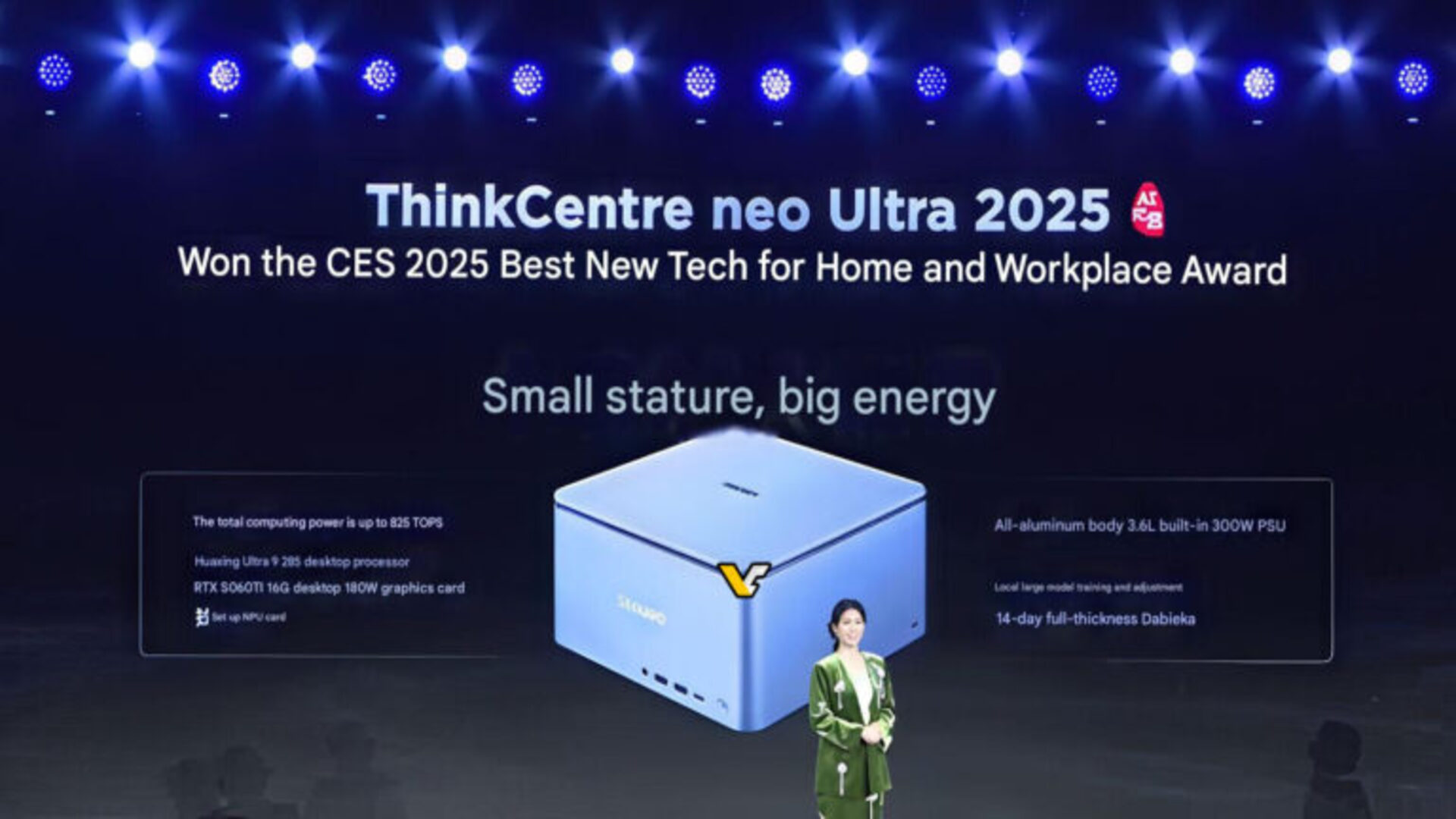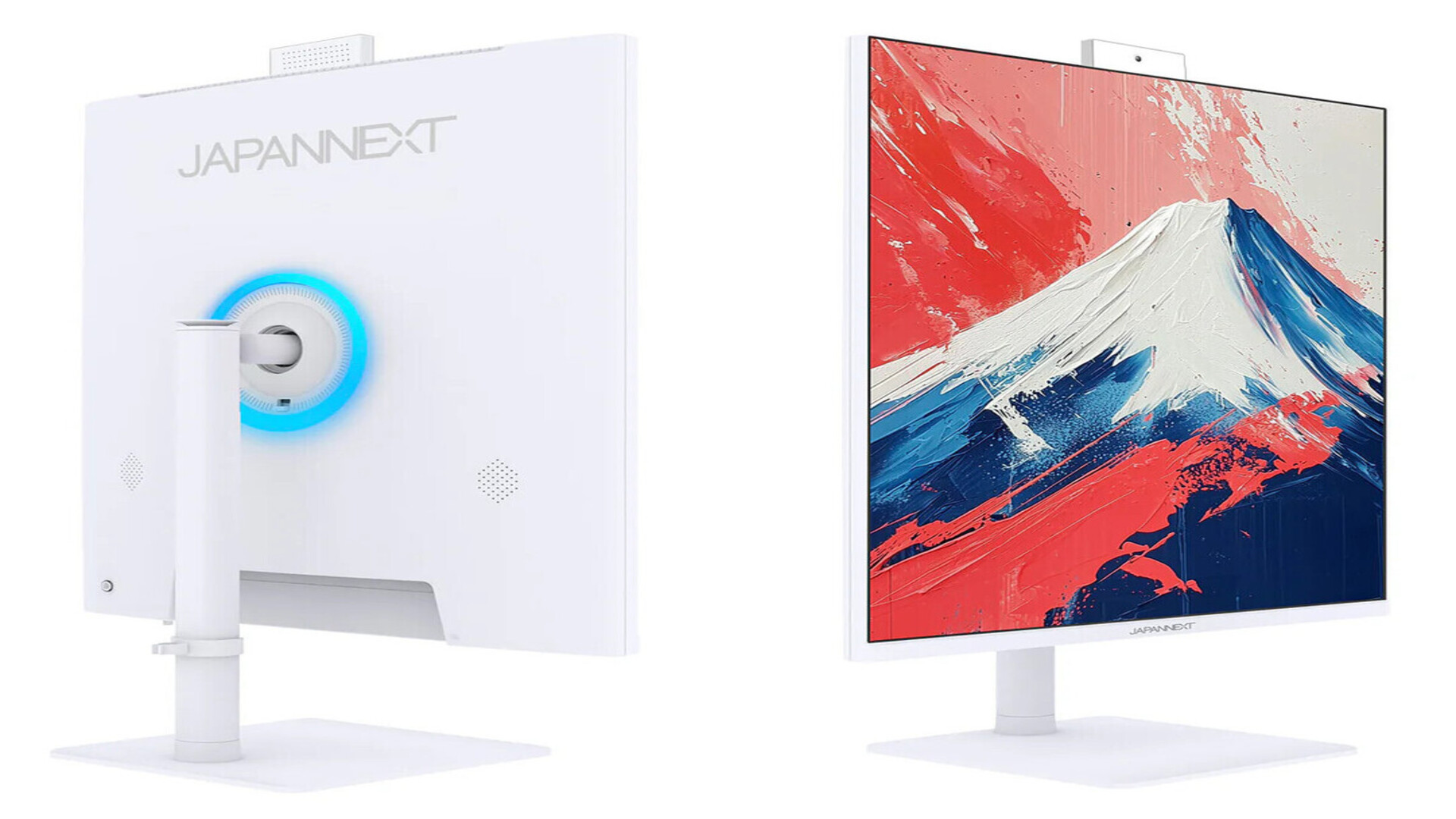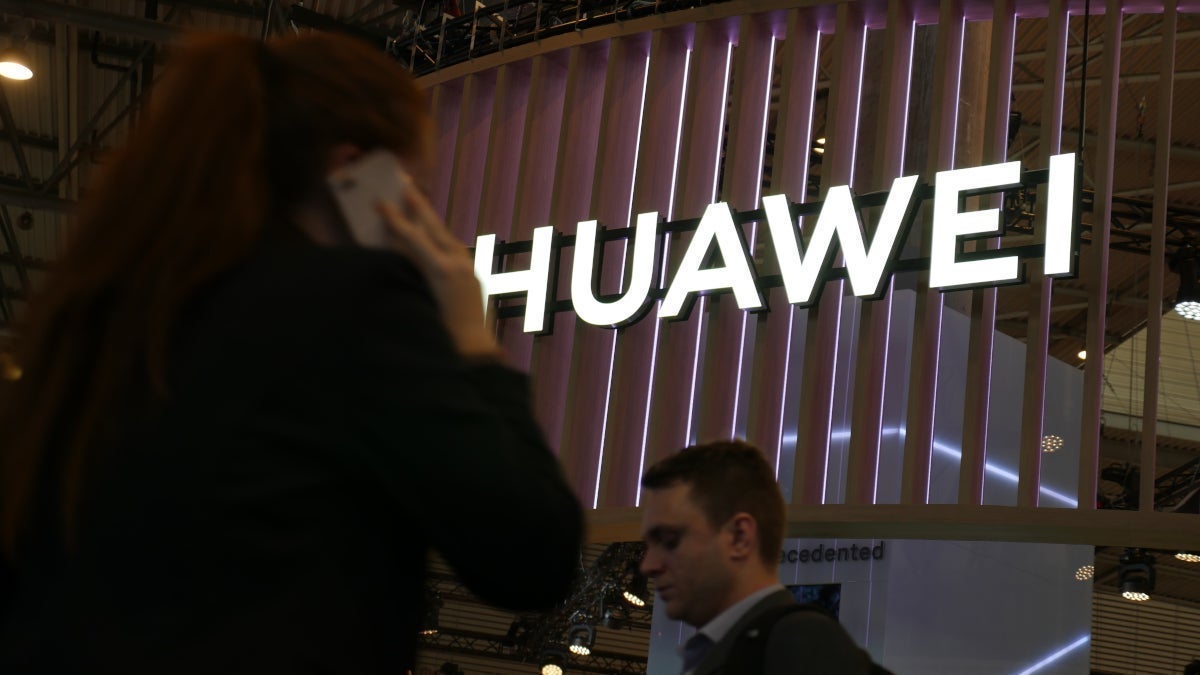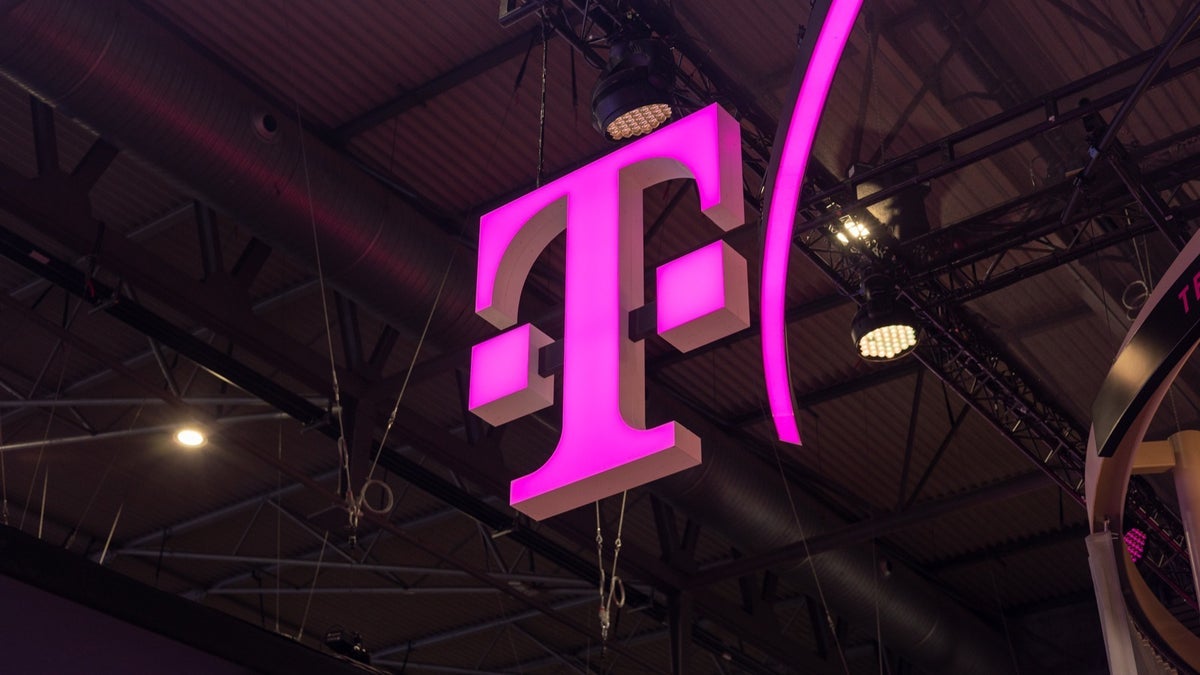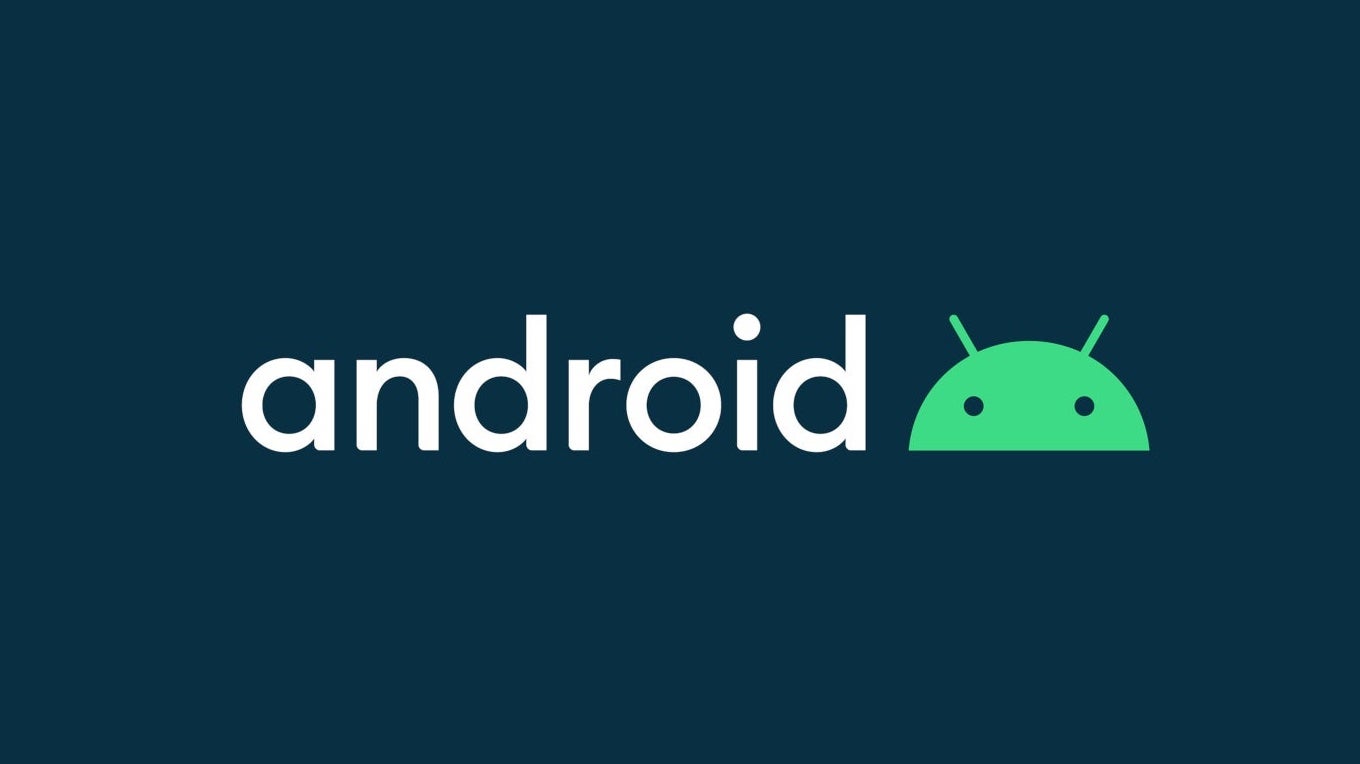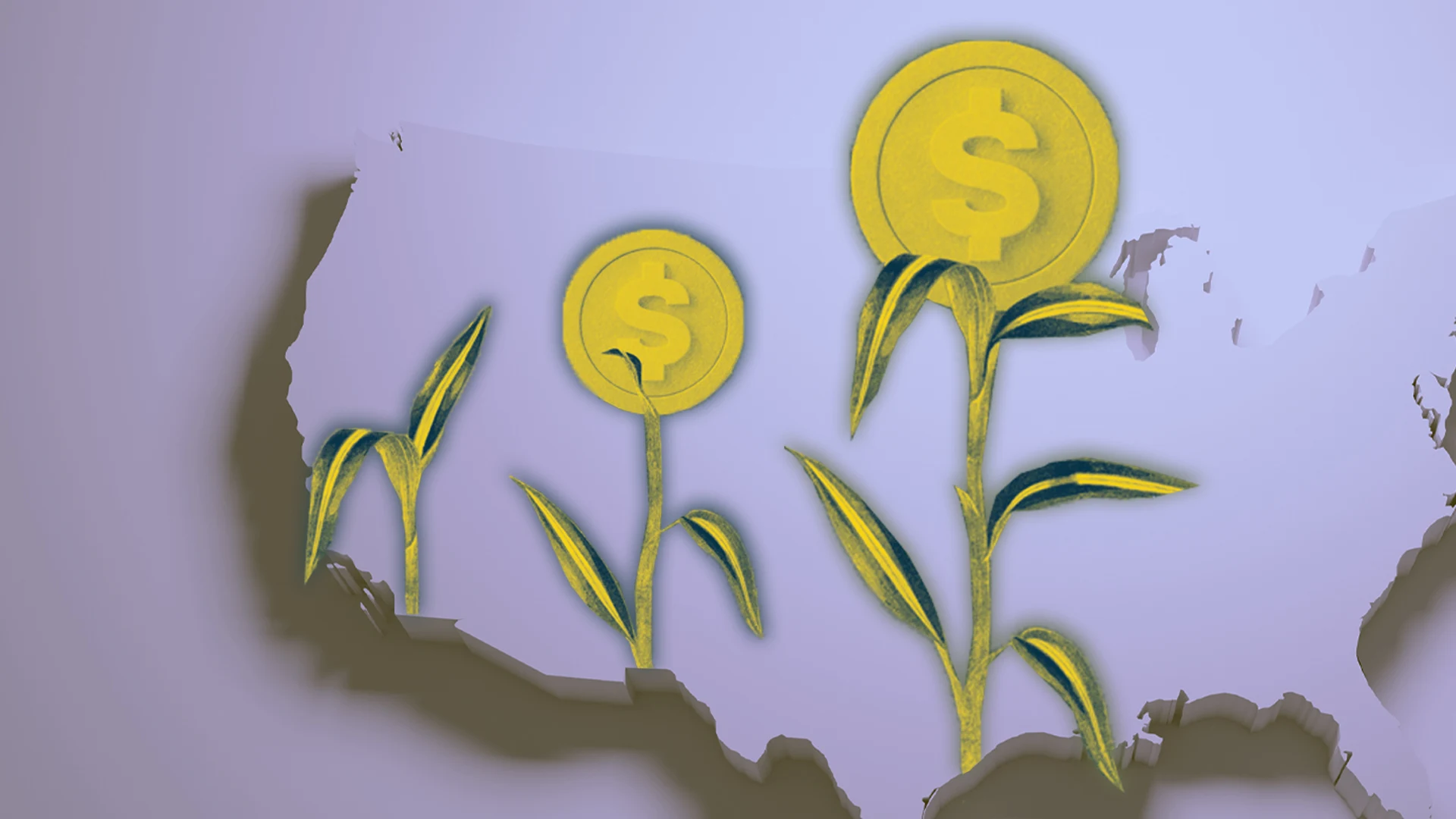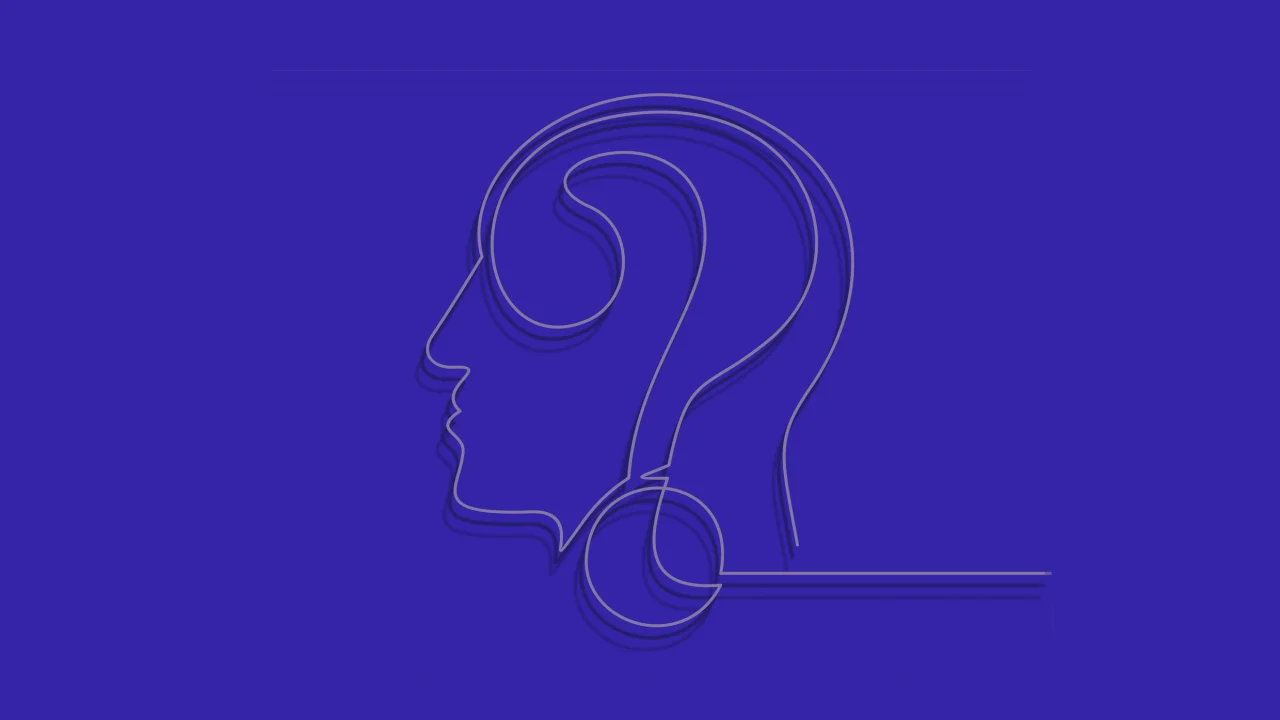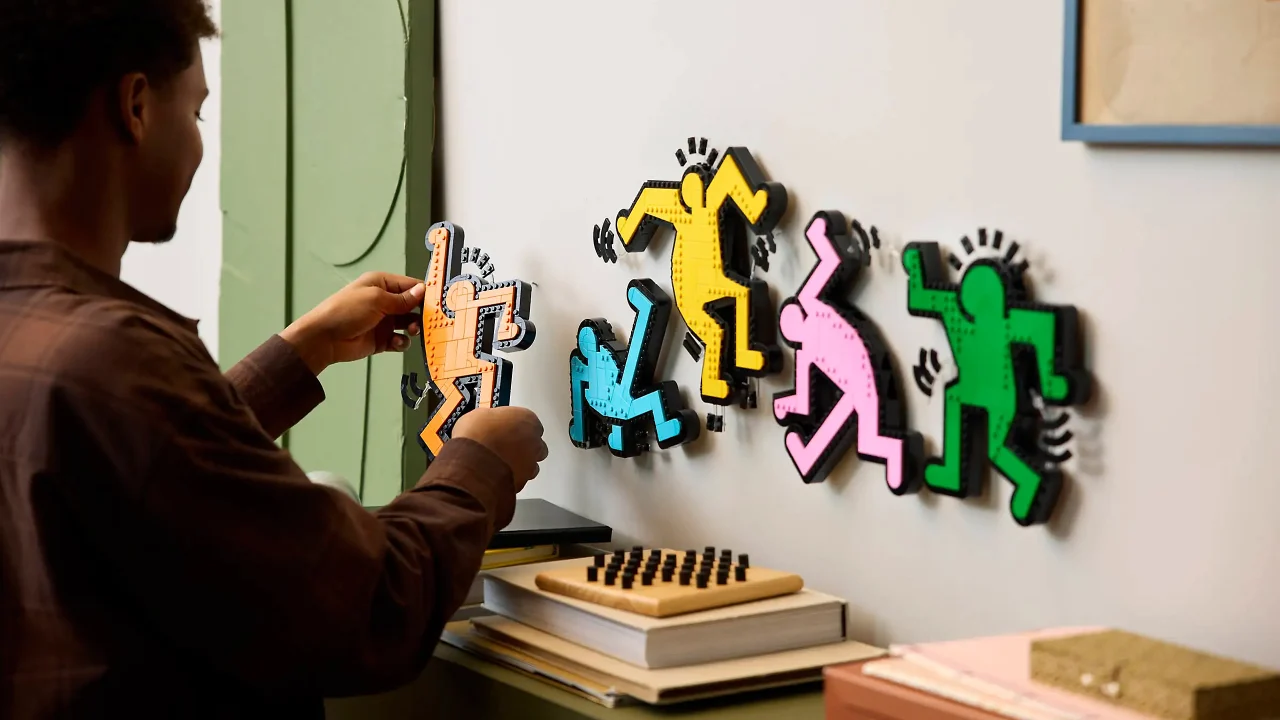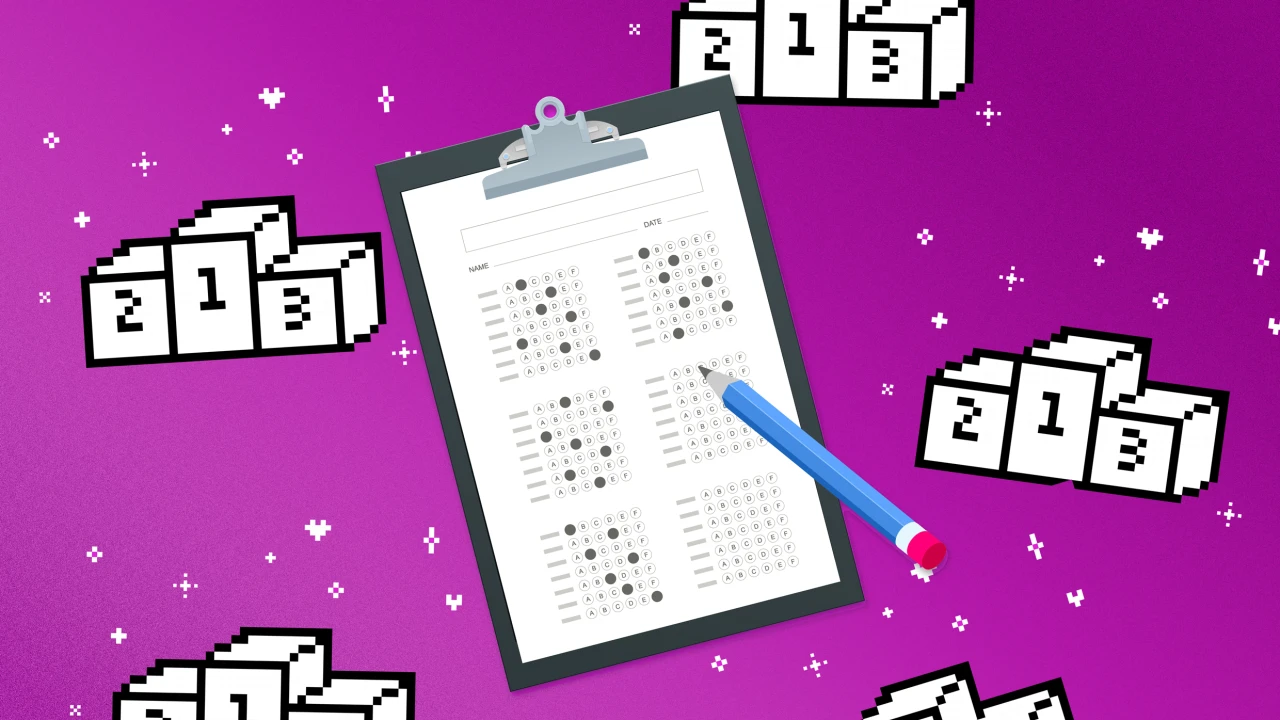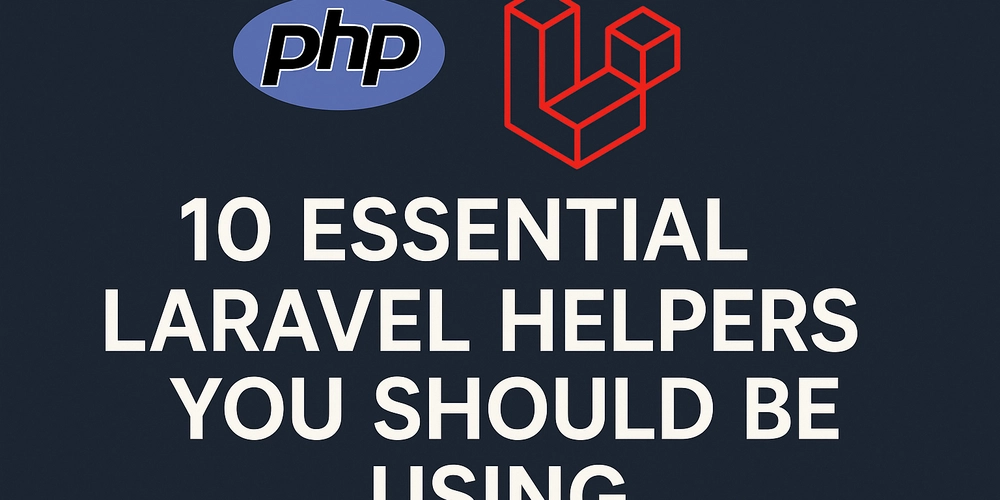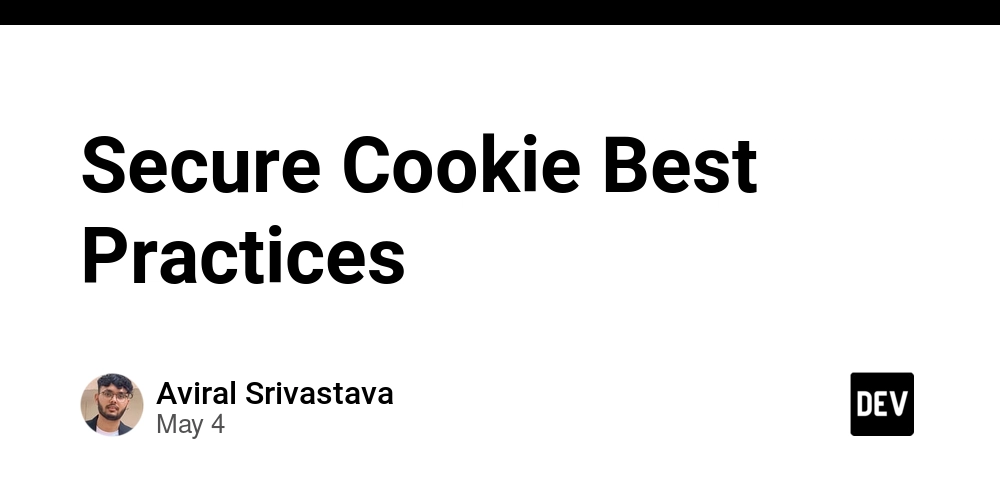A Comprehensive Guide to Thanking GitHub Sponsors: Best Practices and Future Innovations
Abstract: This post offers a holistic exploration of effective strategies to thank GitHub Sponsors with an emphasis on building long-lasting relationships and fostering project growth. We delve into the background of GitHub Sponsors, outline its key features, detail real-world applications, discuss challenges and limitations, and even project future trends in open source funding. Packed with tables, bullet lists, and carefully curated resources – including links to authoritative documentation and related Dev.to posts – this guide equips developers with the know‐how to express genuine gratitude and maintain a vibrant community. Introduction In today’s fast‐paced open source ecosystem, successful projects often rely on the generosity of sponsors. GitHub Sponsors is an innovative platform that allows developers to receive funding while building impactful relationships with the community. However, receiving sponsorship is only one side of the coin. Gratitude expressed through well–thought–out thank you messages, personalized communications, and acknowledgments can turn a one–time donor into a lifelong supporter. This post will take you through a comprehensive guide on how to thank GitHub Sponsors, drawing from expert practices, concrete examples, and emerging trends in the industry. Whether you are new to GitHub Sponsors or a seasoned maintainer, you’ll find valuable insights on etiquette, best practices, and future innovations that ensure your thank you practices are not only effective but also sustainable. Background and Context The Evolution of GitHub Sponsors GitHub Sponsors emerged as a community–driven funding solution designed to support open source maintainers. With over 20 million developers globally, the initiative brought together technical expertise and financial support. Its history highlights how the open source community has transitioned from donation–based models to structured funding approaches that emphasize transparency, accountability, and mutual respect. Definitions and Ecosystem Before diving into thanking strategies, it is important to understand some key terms: GitHub Sponsors: A platform that enables developers and organizations to sponsor open source projects. For an in–depth explanation, refer to What is GitHub Sponsors. Sponsorship Gratitude: The practice of acknowledging contributions in a personal yet professional way, which nurtures meaningful donor–maintainer relationships. Community Engagement: A strategic approach to look after the needs and ideas of both contributors and sponsors. Learn more in the GitHub Marketing Best Practices. The GitHub Sponsors ecosystem is enriched by a network of supporting resources. For example, What Countries Support GitHub Sponsors explains how geographical eligibility influences community participation. Core Concepts and Features Many open source maintainers struggle to balance technical development with community interactions. When it comes to thanking sponsors – a critical component of community engagement – a clear and sincere approach is key. The core concepts include: Personalized Acknowledgment Individualized Messaging: Avoid generic responses. Address sponsors by name and mention specific contributions. Public Acknowledgment: Consider thanking sponsors in your project’s release notes or community forums. Regular Updates: Keep your sponsors informed about progress and challenges. This transparency builds trust and promotes continued support. Leveraging Automation and Personal Touch While automation can help streamline thank–you messages, adding a personal touch is invaluable. Use templated emails (customized for each sponsor) or personalized tweets. The blend of automation and personalization ensures efficiency without sacrificing warmth. Clear and Transparent Communication Clear communication boosts credibility. Always indicate how sponsorship funds are being used for bug fixes, feature development, or community initiatives. Tools like GitHub’s sponsorship dashboard, along with regular audits and updates, are essential. Integrating Open Source Culture with Sponsorship Many initiatives have expanded beyond funding into fostering ecosystems. For instance, projects like GitHub Sponsors vs Patreon highlight different sponsorship models. Understanding the strengths and nuances of each allows you to adapt your thank–you strategies accordingly. Applications and Use Cases Open source funding is more than just a financial transaction. Here are a few practical examples of how developers have successfully implemented gratitude strategies: Example 1: Quarterly Sponsor Spotlights A popular open source library maintained a quarterly “Sponsor Spotlight” on their website. Each spotlight featured a short interview, a description of how the sponsor’s contribution was utilized, and a thank–you note. This
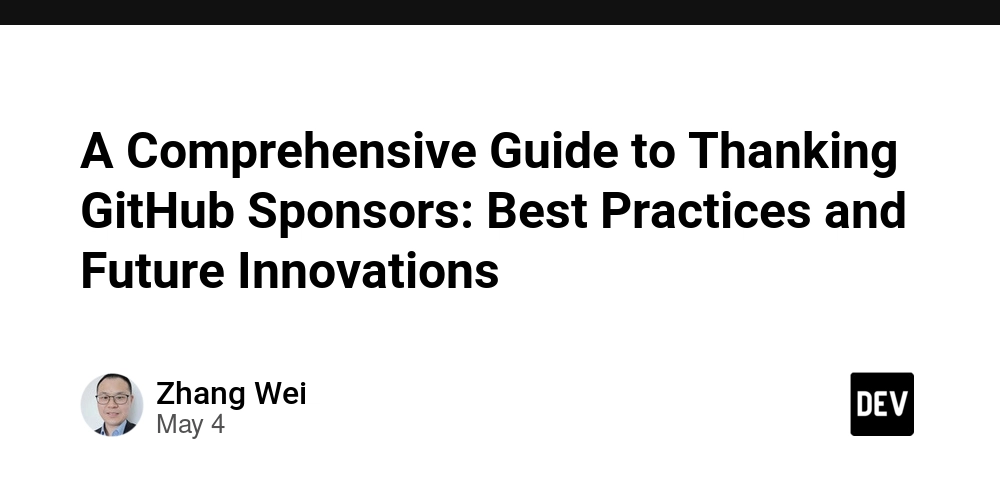
Abstract:
This post offers a holistic exploration of effective strategies to thank GitHub Sponsors with an emphasis on building long-lasting relationships and fostering project growth. We delve into the background of GitHub Sponsors, outline its key features, detail real-world applications, discuss challenges and limitations, and even project future trends in open source funding. Packed with tables, bullet lists, and carefully curated resources – including links to authoritative documentation and related Dev.to posts – this guide equips developers with the know‐how to express genuine gratitude and maintain a vibrant community.
Introduction
In today’s fast‐paced open source ecosystem, successful projects often rely on the generosity of sponsors. GitHub Sponsors is an innovative platform that allows developers to receive funding while building impactful relationships with the community. However, receiving sponsorship is only one side of the coin. Gratitude expressed through well–thought–out thank you messages, personalized communications, and acknowledgments can turn a one–time donor into a lifelong supporter.
This post will take you through a comprehensive guide on how to thank GitHub Sponsors, drawing from expert practices, concrete examples, and emerging trends in the industry. Whether you are new to GitHub Sponsors or a seasoned maintainer, you’ll find valuable insights on etiquette, best practices, and future innovations that ensure your thank you practices are not only effective but also sustainable.
Background and Context
The Evolution of GitHub Sponsors
GitHub Sponsors emerged as a community–driven funding solution designed to support open source maintainers. With over 20 million developers globally, the initiative brought together technical expertise and financial support. Its history highlights how the open source community has transitioned from donation–based models to structured funding approaches that emphasize transparency, accountability, and mutual respect.
Definitions and Ecosystem
Before diving into thanking strategies, it is important to understand some key terms:
- GitHub Sponsors: A platform that enables developers and organizations to sponsor open source projects. For an in–depth explanation, refer to What is GitHub Sponsors.
- Sponsorship Gratitude: The practice of acknowledging contributions in a personal yet professional way, which nurtures meaningful donor–maintainer relationships.
- Community Engagement: A strategic approach to look after the needs and ideas of both contributors and sponsors. Learn more in the GitHub Marketing Best Practices.
The GitHub Sponsors ecosystem is enriched by a network of supporting resources. For example, What Countries Support GitHub Sponsors explains how geographical eligibility influences community participation.
Core Concepts and Features
Many open source maintainers struggle to balance technical development with community interactions. When it comes to thanking sponsors – a critical component of community engagement – a clear and sincere approach is key. The core concepts include:
Personalized Acknowledgment
- Individualized Messaging: Avoid generic responses. Address sponsors by name and mention specific contributions.
- Public Acknowledgment: Consider thanking sponsors in your project’s release notes or community forums.
- Regular Updates: Keep your sponsors informed about progress and challenges. This transparency builds trust and promotes continued support.
Leveraging Automation and Personal Touch
While automation can help streamline thank–you messages, adding a personal touch is invaluable. Use templated emails (customized for each sponsor) or personalized tweets. The blend of automation and personalization ensures efficiency without sacrificing warmth.
Clear and Transparent Communication
Clear communication boosts credibility. Always indicate how sponsorship funds are being used for bug fixes, feature development, or community initiatives. Tools like GitHub’s sponsorship dashboard, along with regular audits and updates, are essential.
Integrating Open Source Culture with Sponsorship
Many initiatives have expanded beyond funding into fostering ecosystems. For instance, projects like GitHub Sponsors vs Patreon highlight different sponsorship models. Understanding the strengths and nuances of each allows you to adapt your thank–you strategies accordingly.
Applications and Use Cases
Open source funding is more than just a financial transaction. Here are a few practical examples of how developers have successfully implemented gratitude strategies:
Example 1: Quarterly Sponsor Spotlights
A popular open source library maintained a quarterly “Sponsor Spotlight” on their website. Each spotlight featured a short interview, a description of how the sponsor’s contribution was utilized, and a thank–you note. This practice not only enhances donor relationships but also encourages other potential sponsors.
Key benefits include:
- Increased public recognition
- Enhanced community trust
- Improved donor retention rates
Example 2: Personalized Video Messages
A small project team used personalized video messages to thank sponsors. Recording short “thank you” clips that mention the sponsor by name creates a personal connection that can be shared on social media and within community channels. This approach also adds a human element that can be more influential than text-only messages.
Example 3: Sponsor-Driven Development Updates
For groups with multiple sponsors, some projects have implemented a system where sponsors can influence future development initiatives by offering feedback during monthly updates. A public roadmap that cites sponsor contributions fosters transparency and builds long‐term engagement.
Below is an example table summarizing key communication strategies:
| Strategy | Description | Benefits |
|---|---|---|
| Personalized Messaging | Tailor messages to acknowledge individual contributions | Builds trust and long-term relationships |
| Public Acknowledgments | Feature thanks on public platforms (e.g., GitHub releases, social media) | Enhances community reputation and visibility |
| Automated yet Personalized Emails | Use email templates with custom fields for a mix of efficiency and warmth | Saves time and maintains consistency |
| Sponsor-Driven Updates | Include sponsors in development decisions via regular updates | Boosts transparency and increases engagement |
Challenges and Limitations
Despite the many benefits, thanking GitHub Sponsors is not without challenges:
Technical Challenges
- Automation Limitations: While tools can help send thank–you notes, over–reliance on automation may lead to generic messages that lack the personal touch.
- Integration with Communication Platforms: Synchronizing various communication channels (GitHub notifications, emails, social media) to provide a unified message can be technically challenging.
Adoption Challenges
- Diverse Sponsor Expectations: Sponsors come from different backgrounds. Some may expect extensive updates or additional perks, while others may simply appreciate a quick thank you.
- Resource Constraints: Small teams may face difficulties in dedicating time and resources solely for sponsor communication, leading to delayed responses or overlooked acknowledgments.
Community and Cultural Barriers
- Cultural Variances: What constitutes a sincere thank you in one culture may come across as too informal in another.
- Privacy Concerns: Some sponsors prefer privacy and may not want their contributions publicly recognized. For considerations on this topic, refer to Is GitHub Sponsors Safe?.
Developers must be mindful of these challenges and carefully tailor their messaging strategy based on both technical realities and cultural expectations.
Future Outlook and Innovations
The landscape for open source funding is constantly evolving. As communities adapt to new technological realities, here are some trends and potential innovations on the horizon:
Emerging Trends
- Increased Use of Blockchain: With decentralized funding models on the rise, blockchain innovations offer transparency and security. While platforms like GitHub Sponsors currently focus on traditional sponsorship, integrating blockchain could streamline donation tracking and verification.
- Enhanced Privacy Features: Future versions of sponsorship platforms may provide customizable privacy settings, ensuring sponsors can control the level of public acknowledgment.
- Automated Relationship Management: AI and machine learning are set to play a larger role in automating thank-you processes. Intelligent templates that adapt based on sponsor history and preferences could enhance personalization.
Potential Innovations
- Integrated Sponsor Dashboards: Imagine a future where your project’s dashboard not only tracks contributions but also suggests tailored thank–you messages based on sponsor activity and sentiment analysis.
- Sponsorship Gamification: Incorporating elements like badges and milestones can encourage sponsors to remain engaged, as well as publicize their support in novel ways.
- Cross-Platform Integrations: Enhanced APIs may allow seamless integration across social media, email, and messaging platforms such as Telegram or Discord for real–time gratitude notifications. For an example of advanced multi–platform integration, see How to Connect Telegram to Fragment: A Comprehensive Integration Guide.
These trends are poised to redefine how maintainers interact with sponsors. By keeping abreast of both technical and cultural innovations, developers can ensure that their thank–you practices remain both meaningful and modern.
Best Practices for Thanking Sponsors
Below is a bullet list summarizing best practices:
- Be Timely: Send thank–you messages promptly after receiving sponsorship.
- Personalize Your Message: Mention the sponsor’s name and specify how their contribution has helped.
- Be Transparent: Explain how funds are being allocated and how they contribute to project goals.
- Celebrate Publicly: Where appropriate, acknowledge sponsors on public channels while respecting privacy.
- Solicit Feedback: Ask sponsors for feedback to continuously improve both your project and your communication practices.
Implementing these practices not only nurtures personal relationships but also contributes to the overall sustainability of the project.
Curated Resources and Related Readings
For further insights into GitHub Sponsors and open source funding, here are some of the best matching resources available:
- GitHub Sponsors Documentation – Official guide to managing sponsorships.
- GitHub Marketing Best Practices – Learn how to effectively communicate with your open-source community.
- What is GitHub Sponsors – An overview of the platform.
- What Countries Support GitHub Sponsors – Eligibility and global reach.
- GitHub Sponsors vs Patreon – A comparative look at funding platforms.
- How to Thank Sponsors on GitHub – The original article that inspired this guide.
- Is GitHub Sponsors Safe? – A discussion on privacy and security for sponsors.
In addition, check out these Dev.to posts for further reading on open source funding and community engagement:
- Understanding GitHub Sponsors: Fueling Open Source Development
- Navigating Financial Challenges in Open Source Projects
- License Token: Revolutionizing Open Source Licensing
Summary
Thanking GitHub Sponsors is about more than just acknowledging a financial contribution – it’s about cultivating an open and honest relationship that drives project sustainability and community engagement. We have explored the background of GitHub Sponsors, laid out the core concepts of personalized acknowledgment, and addressed both the challenges and future outlook in the realm of open source funding.
By incorporating best practices such as timely responses, personalization, transparency, and feedback, maintainers can create engaging initiatives that keep sponsors invested in the project’s success. As the landscape evolves with new technological innovations—from blockchain integration to AI-driven communication—the art of thanking sponsors will continue to be an integral part of open source culture.
By staying informed with expert resources and emerging trends, developers can ensure their thank–you strategies remain both effective and future–proof. Whether you are thanking one sponsor or managing multiple contributions, a genuine display of gratitude can transform financial support into a long-lasting collaborative partnership.
In the world of open source, every note of thanks is a building block in creating a thriving, sustainable community.
Happy coding, and may your projects flourish with the support of a grateful community!





































































































































































![[The AI Show Episode 145]: OpenAI Releases o3 and o4-mini, AI Is Causing “Quiet Layoffs,” Executive Order on Youth AI Education & GPT-4o’s Controversial Update](https://www.marketingaiinstitute.com/hubfs/ep%20145%20cover.png)











































































































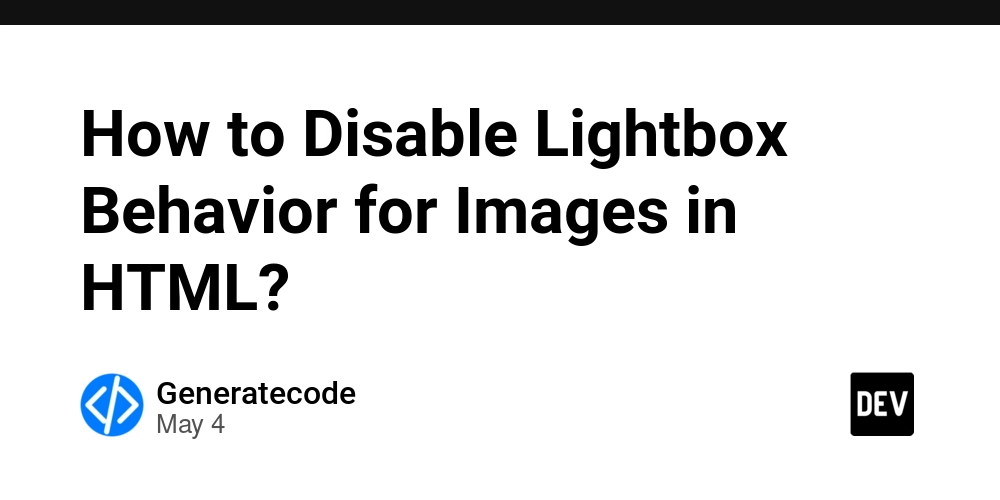


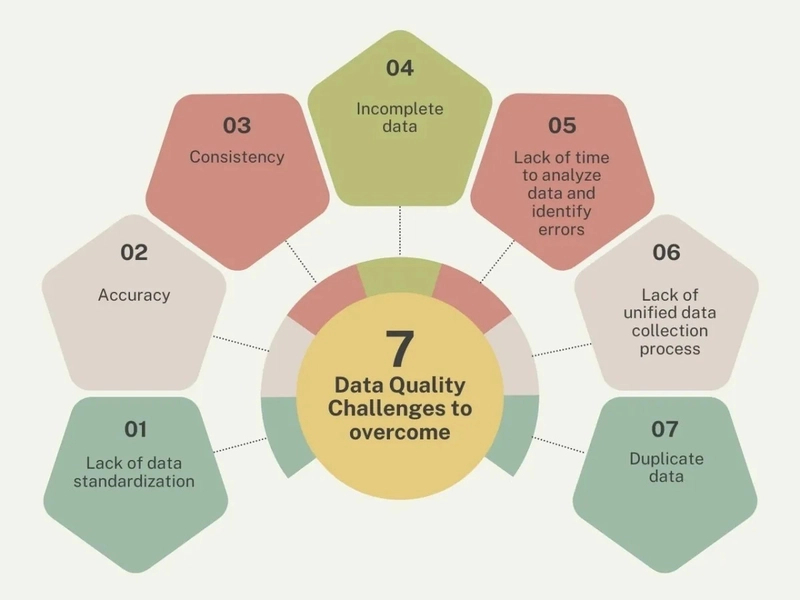













![[DEALS] Microsoft 365: 1-Year Subscription (Family/Up to 6 Users) (23% off) & Other Deals Up To 98% Off – Offers End Soon!](https://www.javacodegeeks.com/wp-content/uploads/2012/12/jcg-logo.jpg)




![From Art School Drop-out to Microsoft Engineer with Shashi Lo [Podcast #170]](https://cdn.hashnode.com/res/hashnode/image/upload/v1746203291209/439bf16b-c820-4fe8-b69e-94d80533b2df.png?#)




















![Re-designing a Git/development workflow with best practices [closed]](https://i.postimg.cc/tRvBYcrt/branching-example.jpg)




















































































(1).jpg?#)






























_Inge_Johnsson-Alamy.jpg?width=1280&auto=webp&quality=80&disable=upscale#)





















































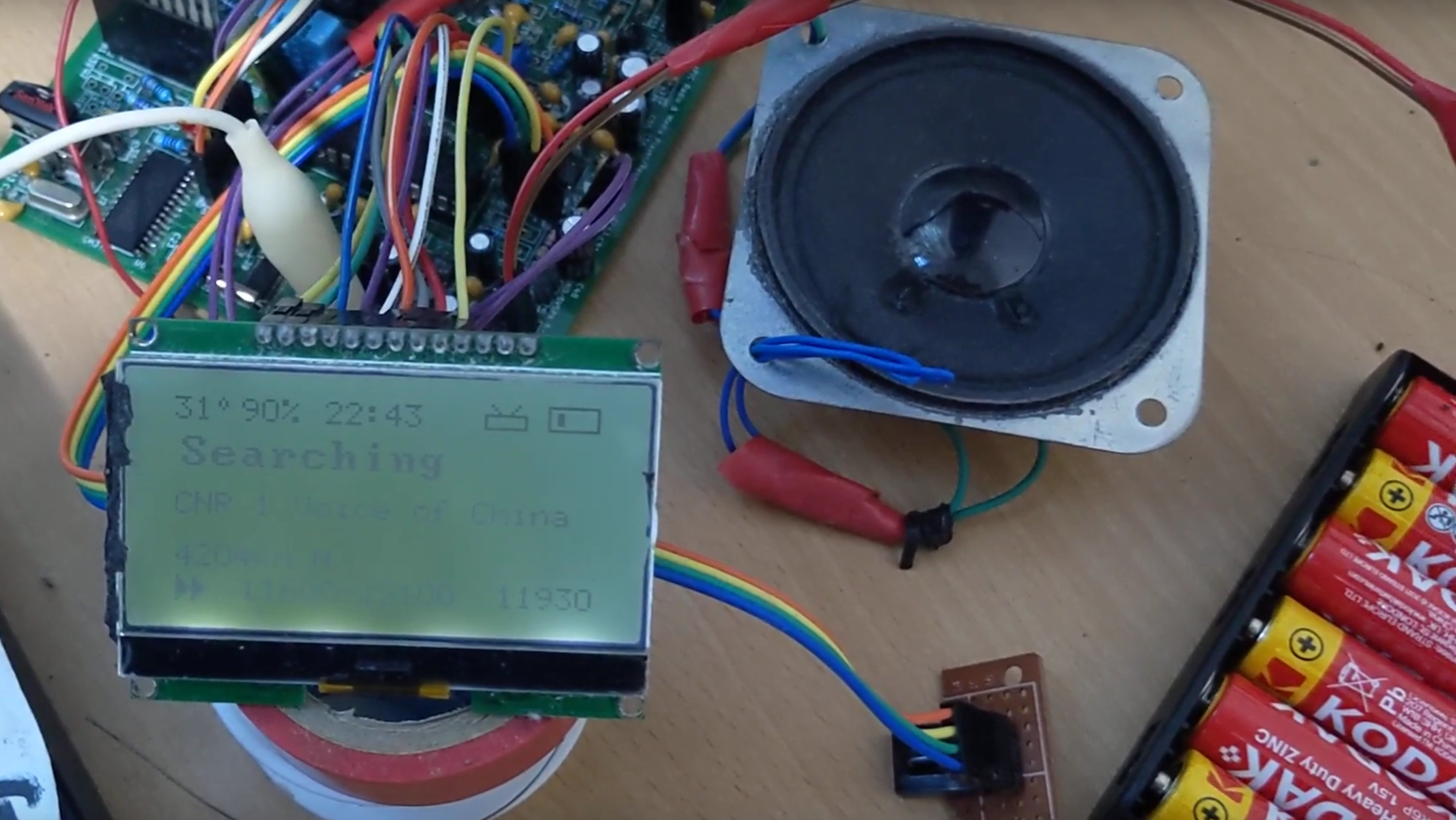
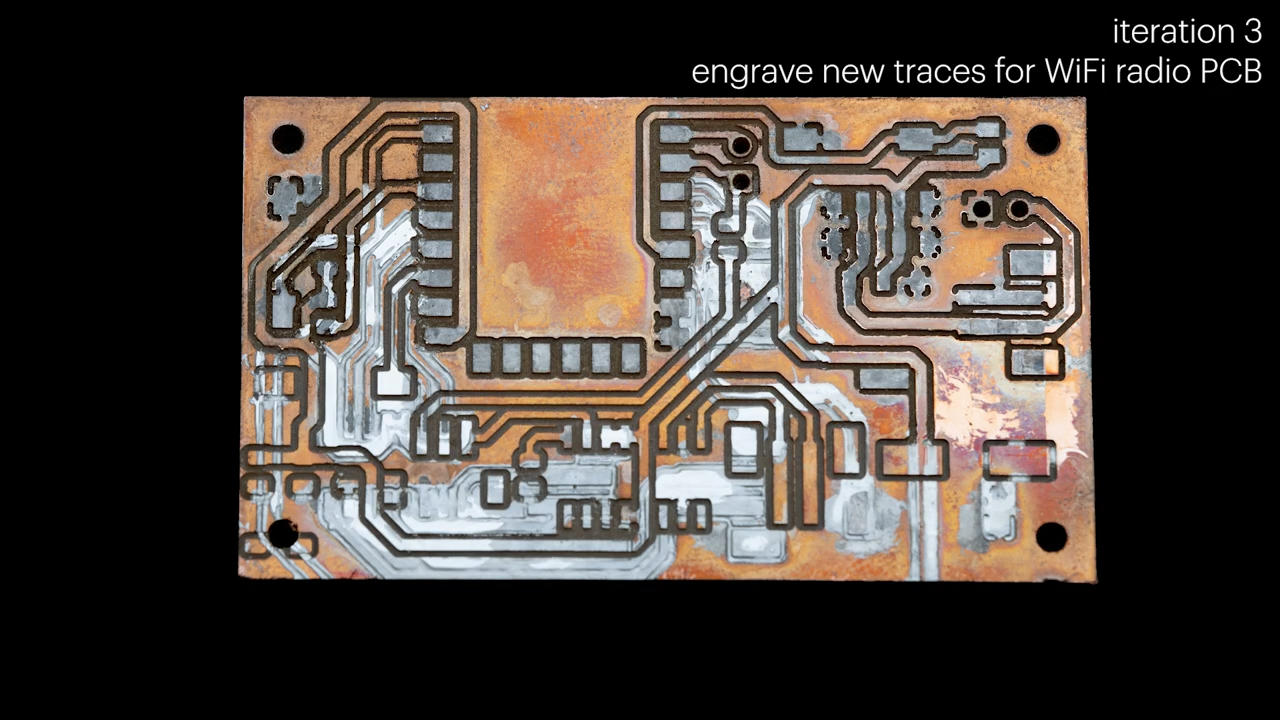

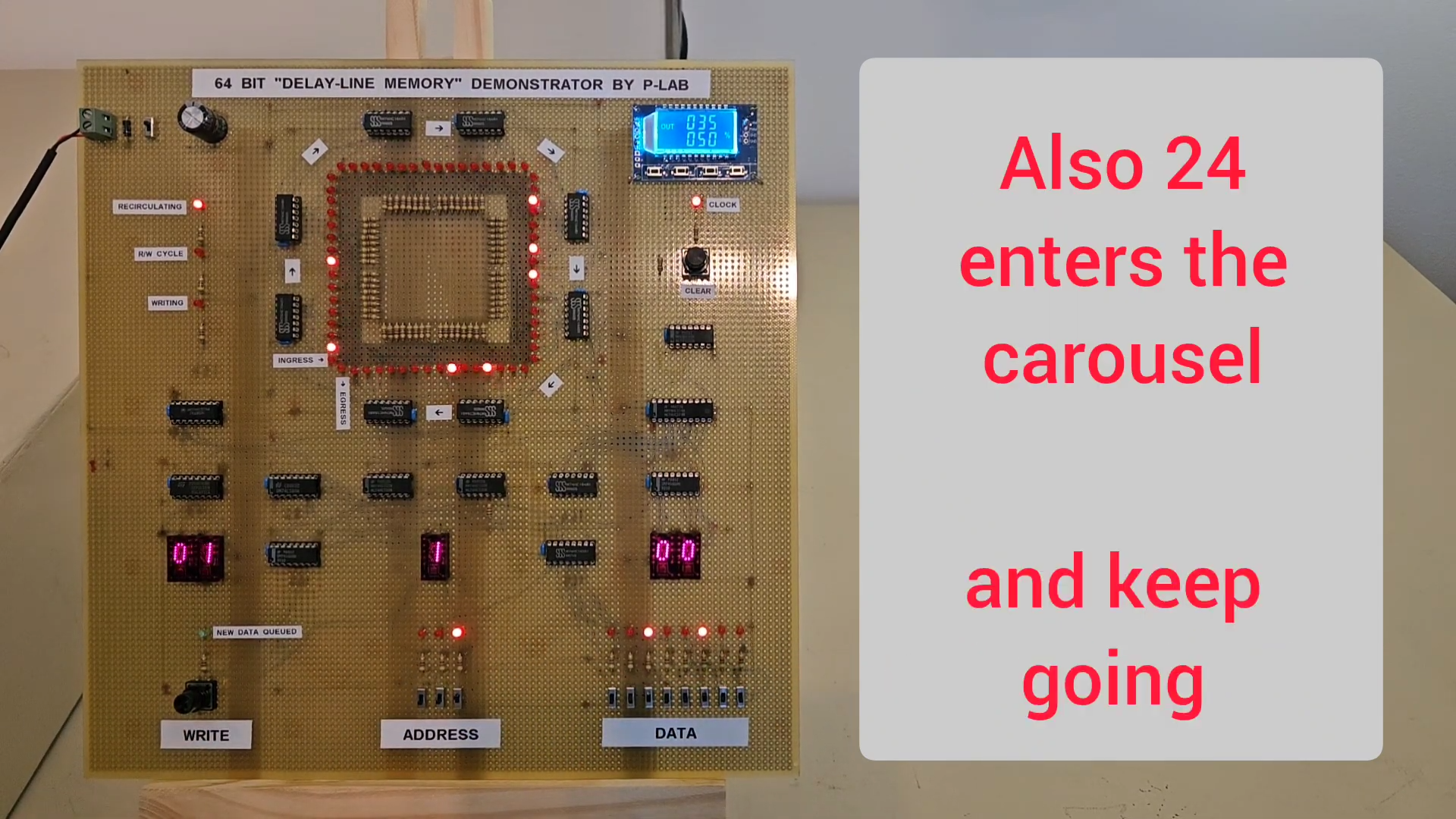























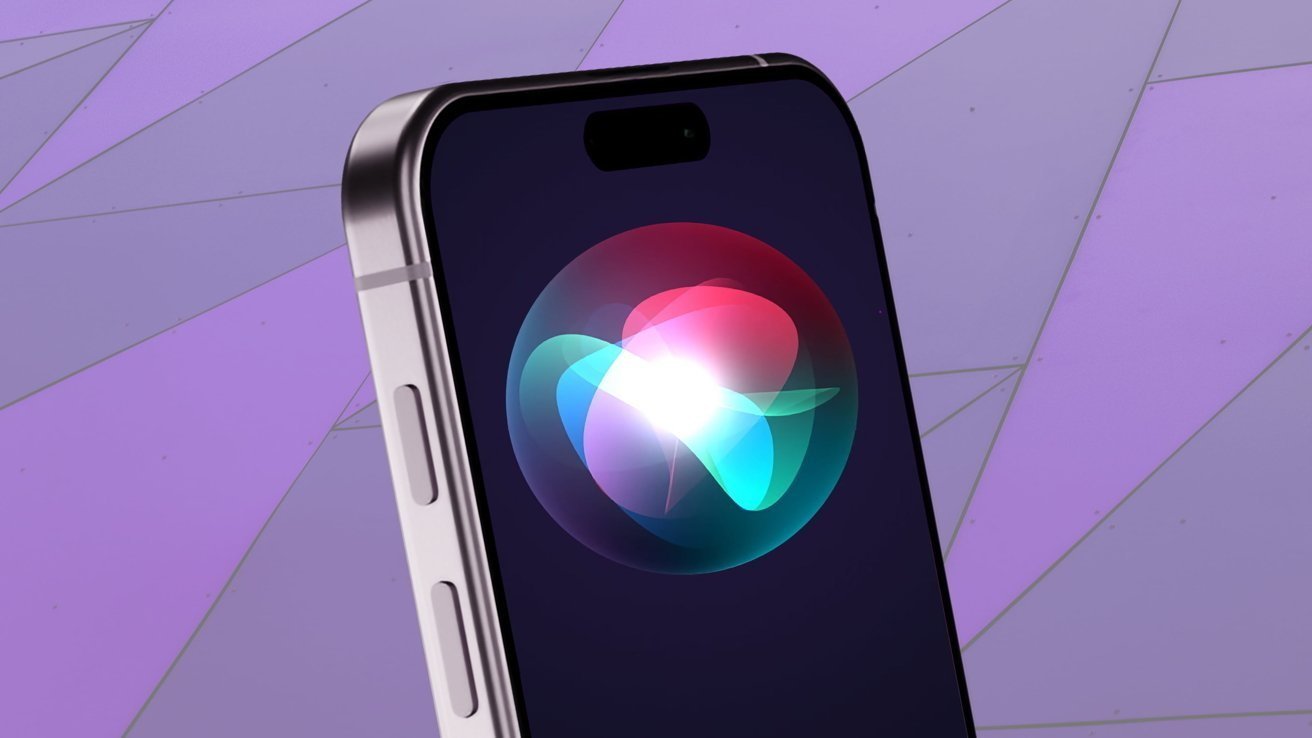
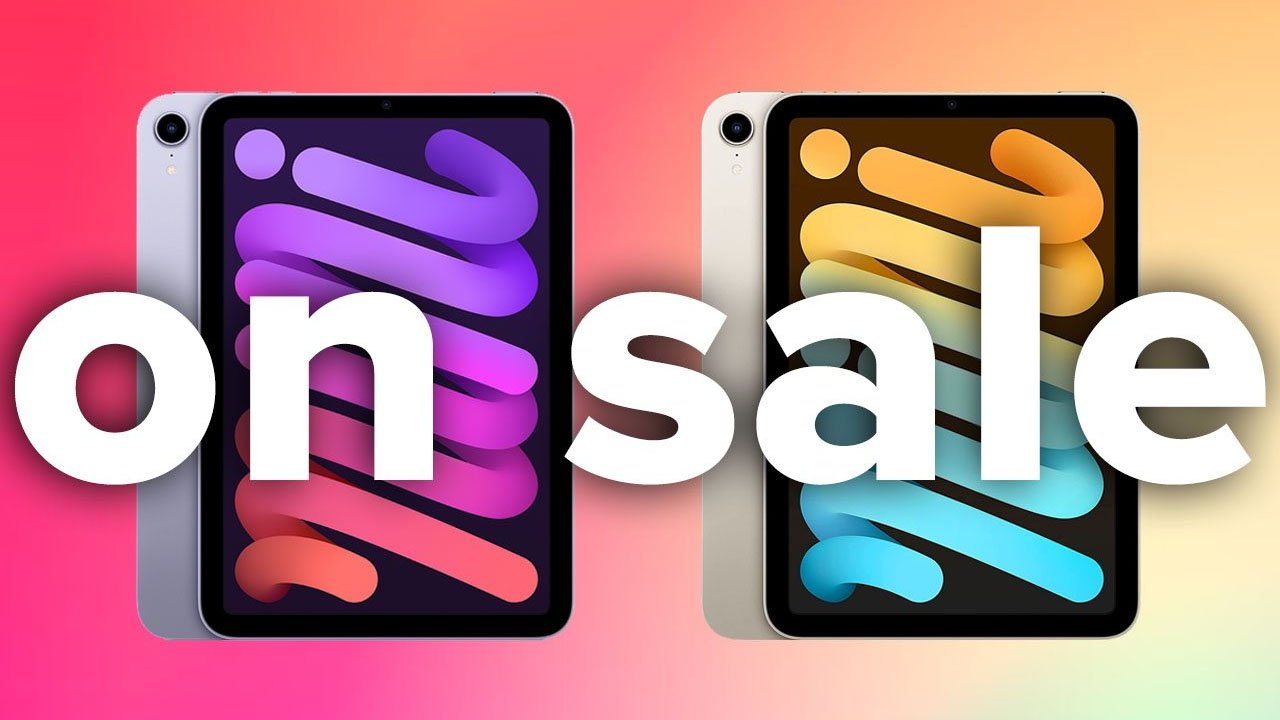








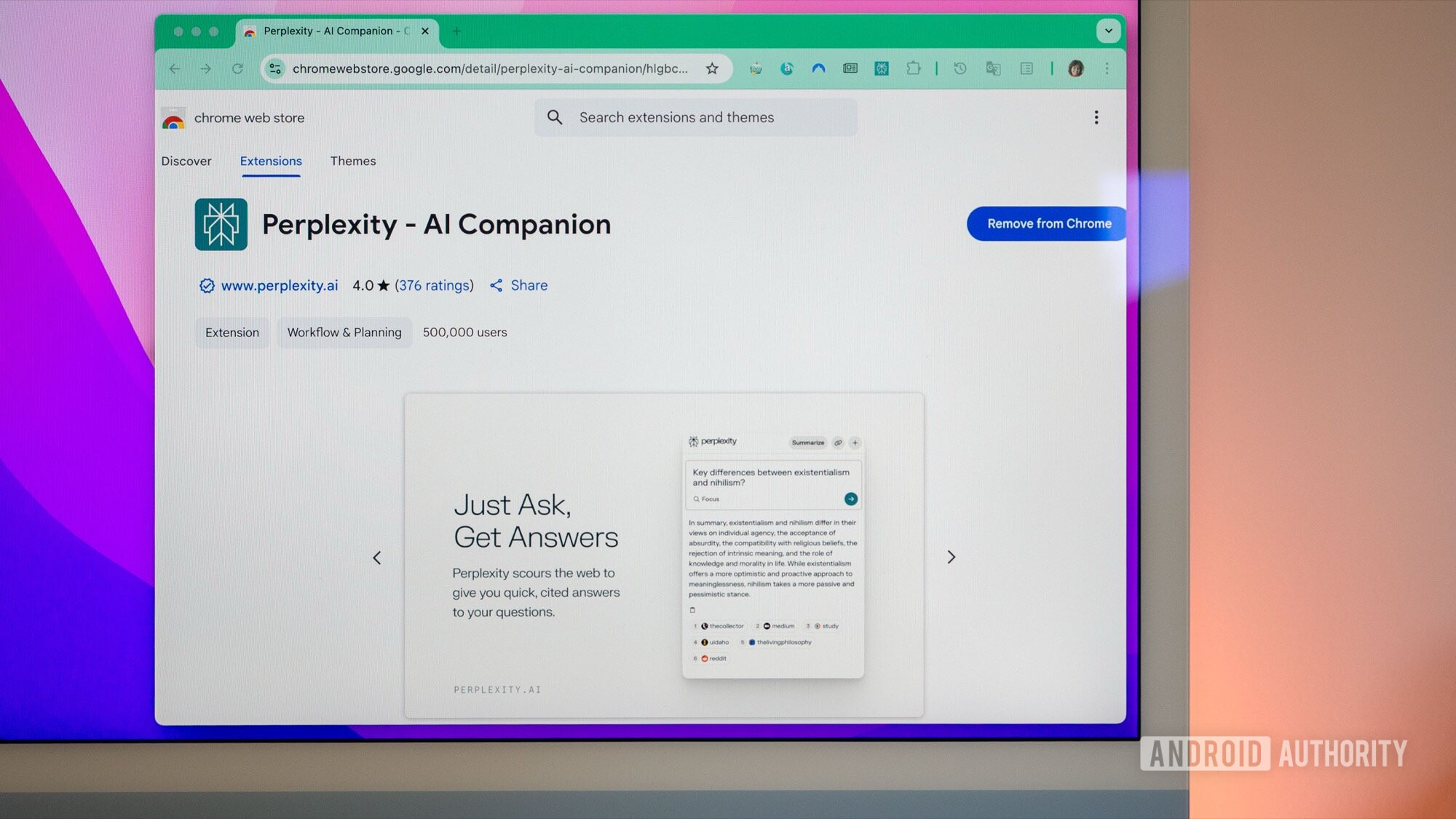





![What Google Messages features are rolling out [May 2025]](https://i0.wp.com/9to5google.com/wp-content/uploads/sites/4/2023/12/google-messages-name-cover.png?resize=1200%2C628&quality=82&strip=all&ssl=1)














![New Apple iPad mini 7 On Sale for $399! [Lowest Price Ever]](https://www.iclarified.com/images/news/96096/96096/96096-640.jpg)
![Apple to Split iPhone Launches Across Fall and Spring in Major Shakeup [Report]](https://www.iclarified.com/images/news/97211/97211/97211-640.jpg)
![Apple to Move Camera to Top Left, Hide Face ID Under Display in iPhone 18 Pro Redesign [Report]](https://www.iclarified.com/images/news/97212/97212/97212-640.jpg)
![Apple Developing Battery Case for iPhone 17 Air Amid Battery Life Concerns [Report]](https://www.iclarified.com/images/news/97208/97208/97208-640.jpg)















